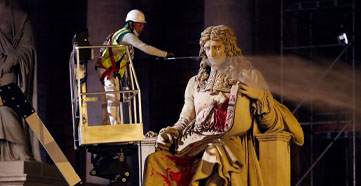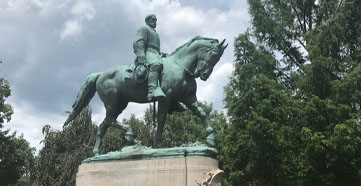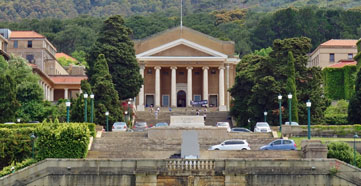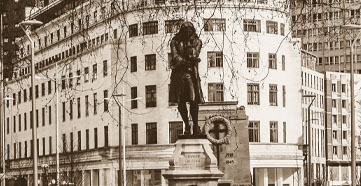Reviews
“Statues, monuments and street names shape public spaces and community identities. The case studies in this volume provide practical guidance for decision-makers at the local as well as national level. They provide concrete solutions for creating inclusive spaces for marginalized and disenfranchised communities
Ambassador Lamberto Zannier
Former OSCE High Commissioner on National Minorities
“Rule of law is central to every just society. These ten case studies highlight the role of legal norms and due process in creating more equitable and inclusive public spaces. The concluding guidelines should be required reading for any policy-maker seeking to resolve disputes over commemorative landscapes
Judge Richard Goldstone
Former justice, Constitutional Court of South Africa
“On social media and in public demonstrations, debates about enduring racial injustice and colonial oppression have raised the question: Who are the moral heroes of our past? Through ten contested sites, this timely book looks at these explosive and divisive debates, and the changing understanding of history that lies behind them: it brings to a discussion often immoderate and shrill an informed, reasonable and welcome lucidity
Neil MacGregor
Author of A History of the World in 100 Objects; former director of the British Museum
“Contested Histories in Public Spaces is an important contribution to the field. Not only does it identify key issues in dealing with controversial memorials, it provides an international perspective as well as specific strategies for addressing inherent problematic issues. The case studies, compelling in their own right, reveal unique factors pertinent to specific locales as well as factors common to all of them
Harriet Senie
Member, New York City Mayoral Advisory Commission on City, Monuments and Marker
“I wish we had had these excellent case studies during the important conversations around the Rhodes Must Fall protests in Oxford in 2015 and 2016. They will be so useful in distilling some principles in considering contested histories around which productive dialogue can then occur
Charles R Conn
Former Warden, Rhodes House, Oxford



